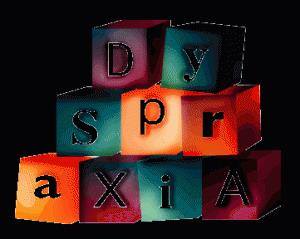
Dyspraxia also known as Developmental Coordination Disorder is a motor disorder which affects gross and fine motor skills in infancy and early childhood. It is not a disease and if properly managed the symptoms can improve over time. A child who has dyspraxia will need the services of an occupational therapist. They may also present with other challenges such as behavioural, emotional and social difficulties. This is mainly because the reflexes in the body associated with dyspraxia also control some other sensory reactions which together can cause a barrier to a child’s ability to learn or behave appropriately – hence why it is a form specific learning difficulty. Common conditions which may exist alongside dyspraxia include ADHD, ASD and dyslexia.
***Gross motor skills means knowing how to make use of the large body parts and muscles for movement and coordination e.g running, crawling, swimming, walking.
*** Fine motor skills involves knowing how to move and use the smaller body parts and muscles e.g writing, cutting with a scissors, using cutlery, buttoning a shirt/top.
Below are things to look out for in children which can possibly suggest the presence of Dyspraxia:
1. Consistent delay in reaching developmental milestones such as those relating to head/ body control and movement as well as hand/eye coordination.
2. Lack of core body strength e.g.
a. When a child can’t seem to hold themselves upright while standing (Floppy posture)
b. When a child can’t seem to stand by themselves without leaning on someone or something.
c. Where a child has difficulty walking even a short distance without needing to sit or rest because they don’t have the strength to support that action.
3. Poor Balance e.g.
a. When a slight nudge might result into a fall
b. Where small tasks requiring balance are proving difficult e.g. balancing on one leg in order to pull trousers off.
4. Poor Coordination e.g.
a. When a child seems to always bump into things even when they are obvious.
b. When a child has difficulty navigating corners or avoiding obstacles or has limited spatial awareness.
5. Poor concentration, hypersensitivity to touch and or sound, limited listening skills coupled with difficulty in following instructions.
Please note that this is not an exhaustive list and is by no way a diagnosis. Please discuss all child health issues with a paediatrician.

From Basirat Razaq-Shuaib Yes! My book “I am not naughty- I really really mean it!” made the finalist selection of the British Council ELTons Innovation […]
Read More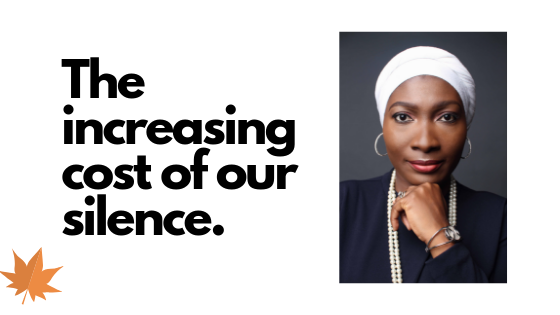
Last month I went to a primary school to do a book reading. This book reading program is a pioneering initiative of The Winford Centre […]
Read More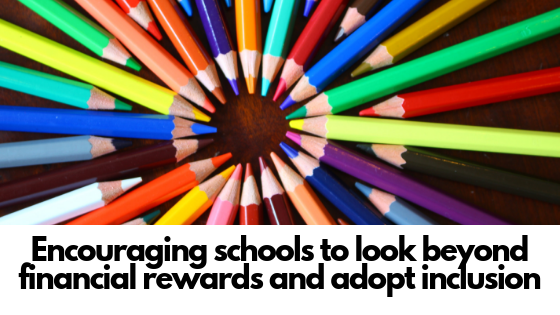
The child comes first, always. The way to address an issue is to first talk about the issue. In talking about it, we want to […]
Read More
Teachers play a critical role in the lives of children for which we will be eternally grateful. But there is no denying that teaching can […]
Read More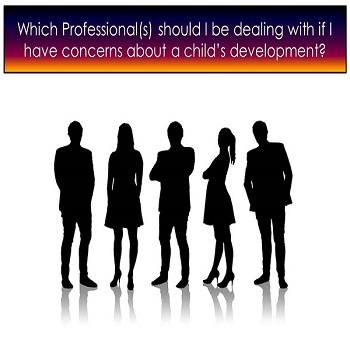
Dear parent, carer, educator and concerned individual out there, it is very possible that you may notice an unusual pattern with a child’s development or learning […]
Read More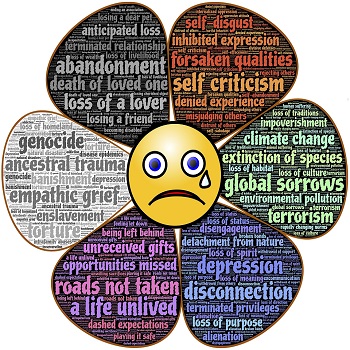
As parents, carers and educators, we have the responsibility of looking out for children in our care as they are considered vulnerable. This is especially […]
Read More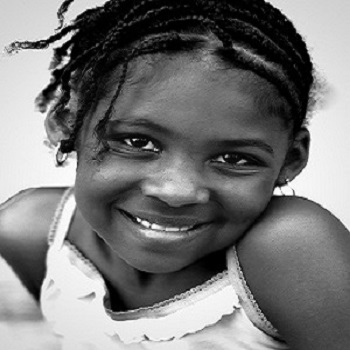
Many times, you may find that if you tell an adult with Autism or a parent who has a child with Autism that their child […]
Read More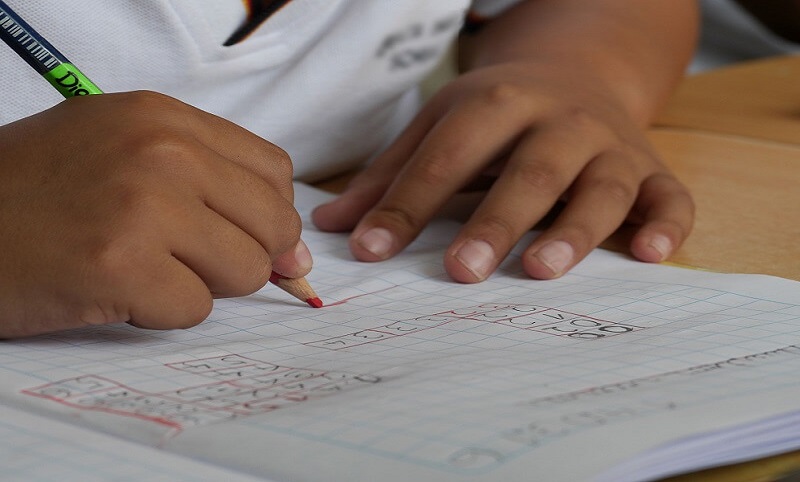
Dysgraphia is a neurological disorder characterised by a difficulty in handwriting. Having dysgraphia doesn’t make a child lazy. Writing involves a number of complex skills […]
Read More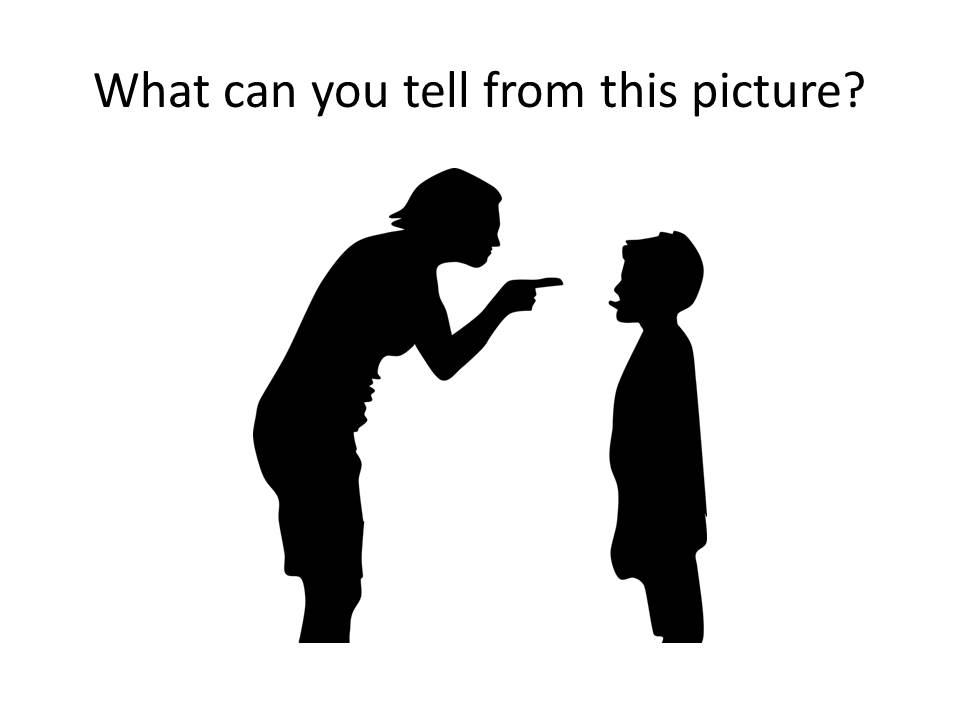
Lead by example Teach Model Nurture Groom Show love Show understanding Be compassionate Encourage positive behaviour and attitude Have faith in self Don’t be the […]
Read More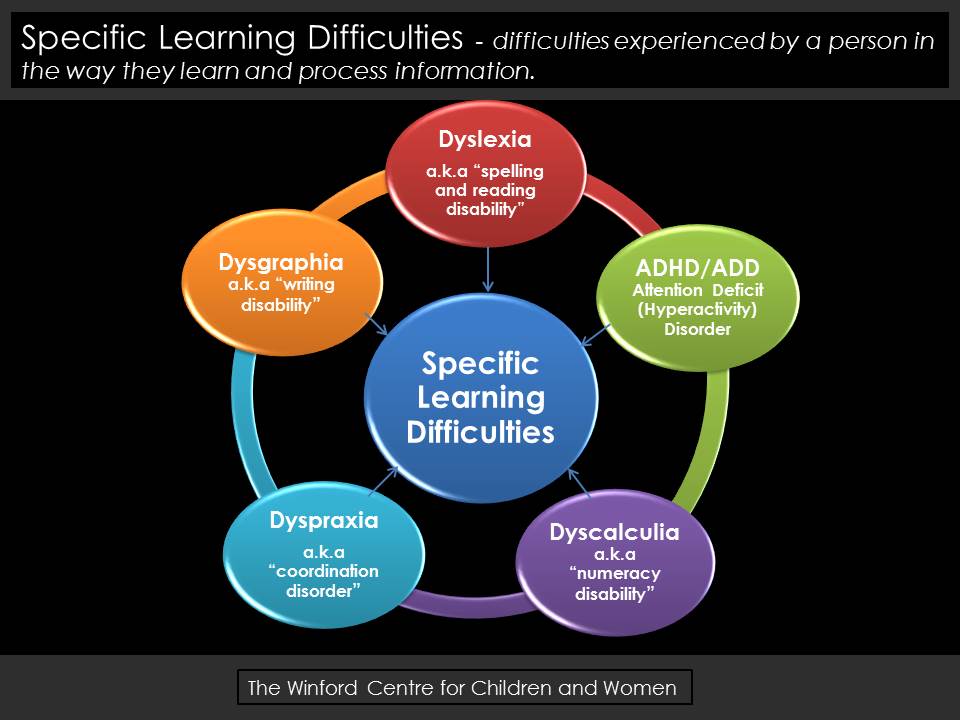
As your children start to grow, you may notice that they are struggling with certain areas of their learning. Sometimes, this may be as a […]
Read More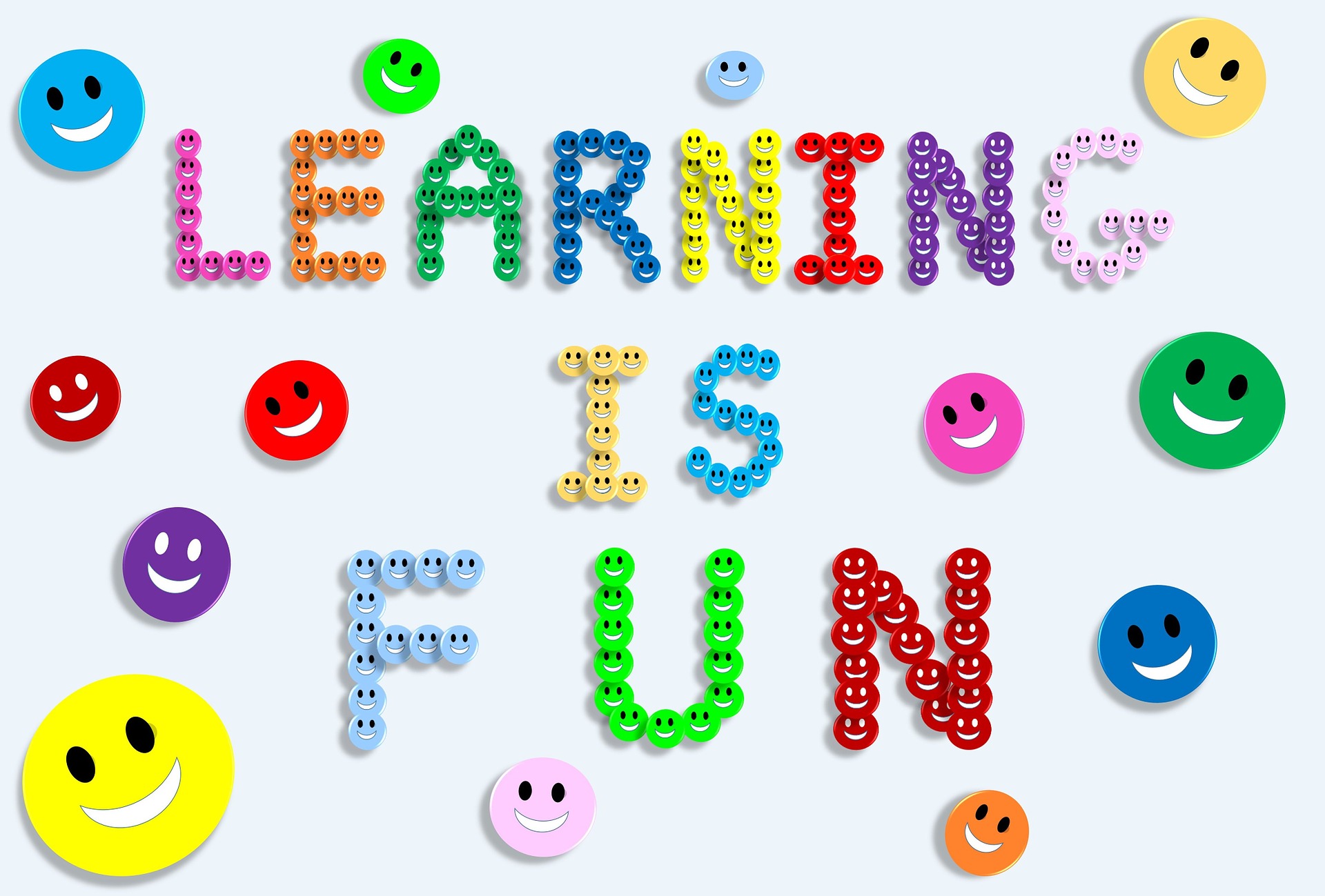
All children learn at different paces, and it is not uncommon to find that special needs children can take a bit longer to learn basic […]
Read More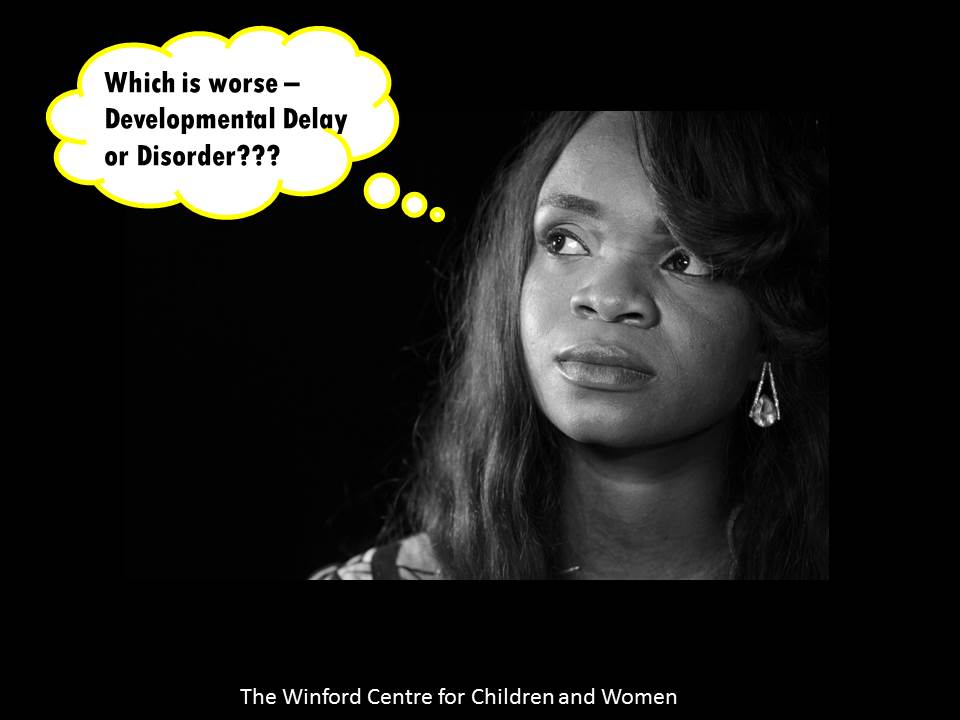
Without understanding fully what either term means, you are probably thinking one is worse than the other. This is not necessarily so. Somewhere in your […]
Read More
Yes it is possible for your children to see the world without spending a fortune. Buy them books If you can’t afford new books, […]
Read More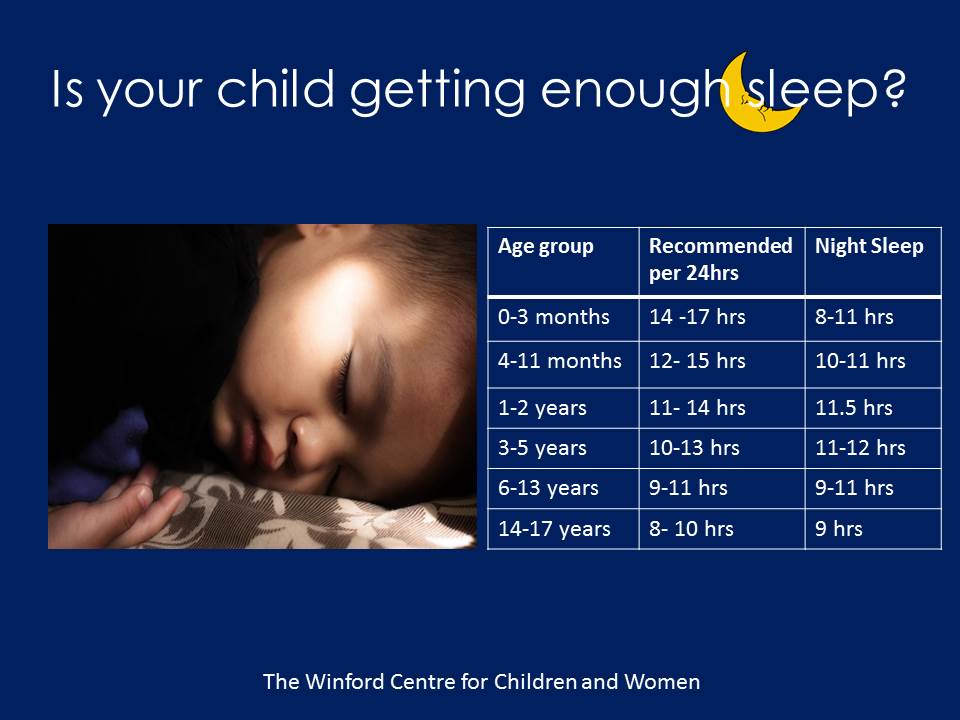
You are busy…very busy. You have to work and make ends meet. So your child like an adult, starts their day at 5.00am. They need […]
Read More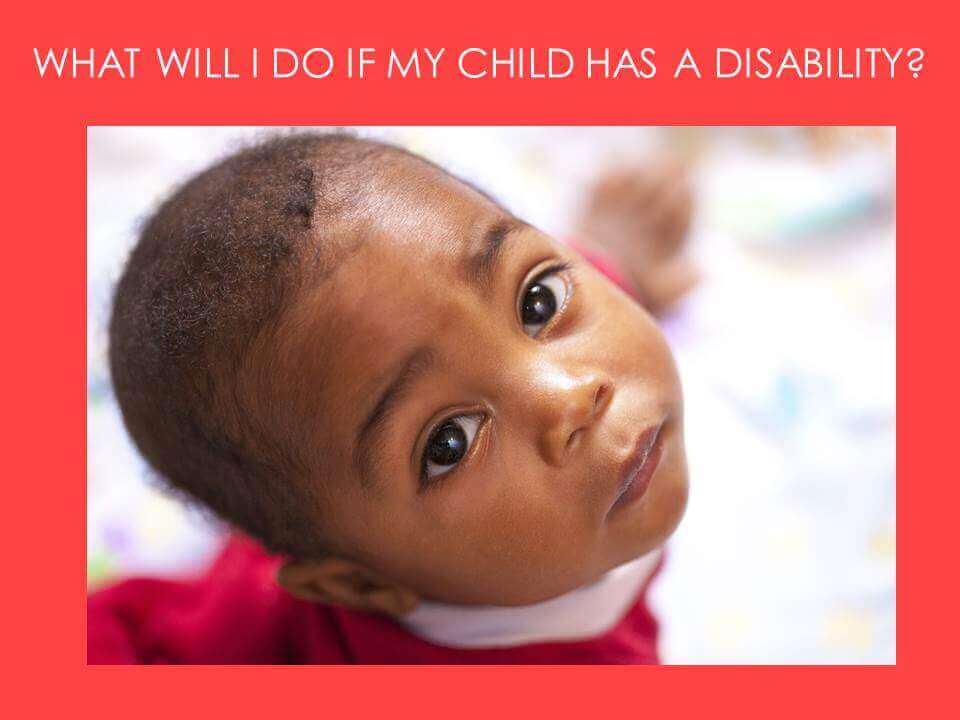
God forbid!!! It is not my portion!!! Ok let’s stop there. It is just a question (one worth giving a thought). A disability is not […]
Read More
Vulnerability means to be susceptible to being harmed or hurt. All children are vulnerable but those with special needs or disabilities are considered even more […]
Read More